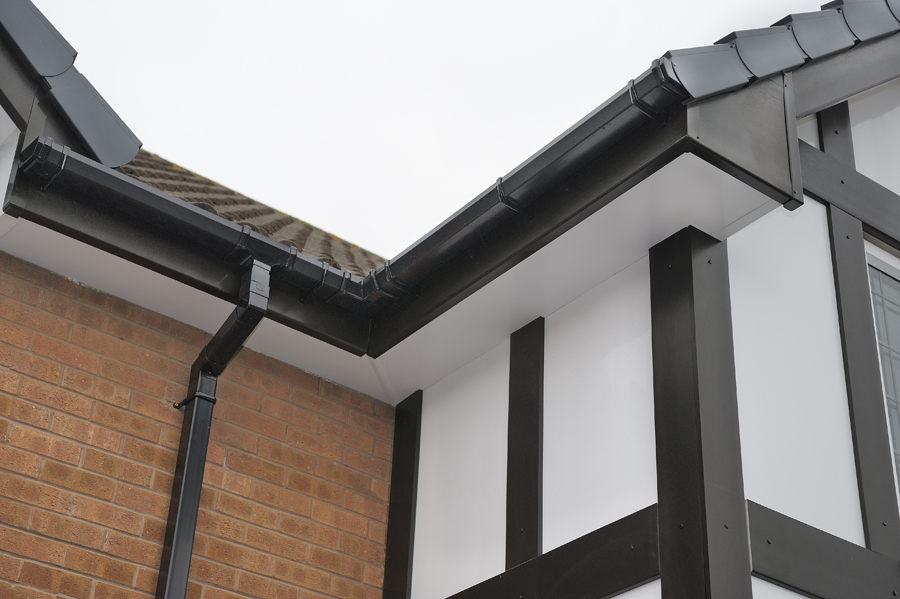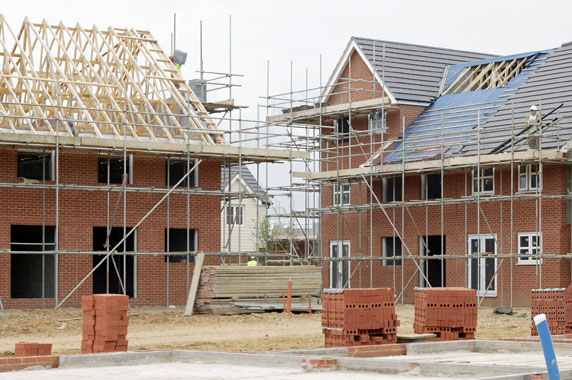
A new report published by the Committee on Climate Change (CCC) concludes that carbon budgets can be met at affordable cost, but that this will require the strengthening of key policies.
The CCC’s latest progress report to Parliament identifies that good progress has been made on development and implementation of some, but not all, policies. The first carbon budget has been met through successful low-carbon policies but also as a consequence of the impacts of the recession.
There has been strong progress in improving the fuel efficiency of new cars, as required by EU regulation, and in investing in wind generation under the Renewables Obligation. Foundations have been laid for the electric vehicle market and for demonstration of carbon capture and storage (CCS), although uptake of electric vehicles has been low and progress with CCS has been frustratingly slow. In other areas, progress has been limited, notably in energy efficiency improvement in the commercial and industrial sectors and in the uptake of heat pumps. Previous good progress in residential energy efficiency fell away with the new policy regime in 2013.
Under the current rate of progress future budgets will not all be met. Current policies may only reduce emissions by 21 to 23 per cent from 2013 to 2025, rather than the required 31 per cent reduction. To close this gap, the report recommends ways to increase uptake of energy efficiency improvement and investment in low-carbon technologies, supported by some behaviour change.
Achieving this will require further strengthening of policies, including the improvement to policy design and increased ambition, extended further in time. The CCC makes recommendations in the following specific areas:
- Residential energy efficiency. Progress insulating homes plummeted with the introduction of new policies in 2013 (the Green Deal and Energy Company Obligation). For example, over 600,000 cavity walls were insulated in 2012 but only 170,000 in 2013. The Energy Company Obligation (ECO) is now being redesigned to include more low-cost measures and new financial incentives are being introduced for the Green Deal. This is welcome, but ambition remains low and should be increased.
- Renewable heat. Increasing uptake of low-carbon heat is a priority. Despite the fact that the current scheme to incentivise this – the Renewable Heat Incentive (RHI) – is very generous, take-up of heat pumps has been very low (e.g. only around 1 per cent of spend to date in the non-domestic scheme). Rather than increase subsidy further, the Government should focus on tackling financial and non-financial barriers. This should include extending commitment and funding to the RHI beyond 2016, to reduce policy insecurity and encourage supply chain development, and allowing access to Green Deal finance for renewable heat installations.
- Power Sector. There has been progress on Electricity Market Reform, but there is a high degree of uncertainty about the support for low-carbon capacity beyond 2020. This undermines investment. It should be addressed by setting a carbon intensity target for 2030, together with funding to deliver this and strategies for commercialising offshore wind and CCS.
- Action to cut emissions is increasingly important given progress that has been made towards ambitious new EU emissions targets, and the increase in the pace of international action. There is a clear economic benefit of acting now to cut emissions. This offers significant cost savings relative to delaying action, and will build a resilient energy system which is less reliant of fossil fuels.
Lord Deben, Chairman of the Committee on Climate Change, said: “Climate Change demands urgent action. We have started on the road and we are being joined by much of the rest of the world. However, despite our success, the UK is still not on track to meet our statutory commitment to cut emissions by 80 per cent.
"The longer we leave it, the costlier it becomes. This report shows the best and most cost-effective ways to ensure we meet our targets. There is no time to lose.”




















